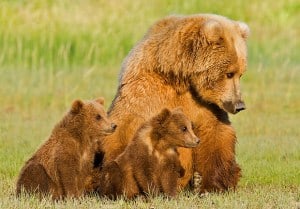 Four hundred and fifty miles from nowhere, at the edge of the arctic circle, we started downriver on our fourteenth day. Or it might have been the twentieth. One loses track of time in the wilderness where there are no calendars or weekends.
Four hundred and fifty miles from nowhere, at the edge of the arctic circle, we started downriver on our fourteenth day. Or it might have been the twentieth. One loses track of time in the wilderness where there are no calendars or weekends.
We are on the Thelon River. It means “River of Trees” in Inuit. It flows into the tundra almost five hundred miles before reaching Bakers Lake and Hudson Bay in what is now Nunavut Provence.
There are four canoes and eight of us. We haven’t seen another human since we left the float plane that dropped us in a nearby lake two weeks ago. From there we make a four-mile portage to the river. The day is bright and blue, though it’s not unusual for three weather systems to move through in twenty-four hours.
We drink water directly from the river, catch trout to supplement our supplies, and paddle 20 miles a day.
The night before, a wolverine scampered down the bank across the river where I’d caught and gutted a five-pound trout. As we break camp, not fifteen minutes downriver on the east bank, a sow grizzly and her two cubs stand up and watch us pass. These are barrens ground grizzlies, a small golden colored bear, of which it is estimated only two hundred remain in the world. Later in the day, we watch a small heard of three hundred caribou swim across the river ahead of us.
The caribou are a concern for the Inuit who rely on them for a food supply. The natural high pressure weather patterns over North America deposit lead from our gasoline burned in the United States into the arctic and it is getting into the food chain. The Inuit are feeling the effects.
We see wolves, moose, polar bear, musk oxen and more on this trip. That was all forty years ago.
The lead problem was solved by eliminating it from our gasoline. Now they are contending with anthrax released from melting permafrost. Those grizzlies are interbreeding with polar bears. The polar bears are losing their arctic ice and starving, while some are trying to survive on land. This year marks the second lowest ice cover in the arctic (see amazing video here). We may lose the whole polar icecap within a few years due to global warming. What story will we make up to delude ourselves about what is happening, or to tell the children about where Santa lives now?
All of this is happening a thousand miles from nowhere so it’s easy to ignore it. We are asleep.
Sitting around the campfire that night, I mentioned to my friends that it seemed like we had moved back into the 1800s. The wilderness was wild and untamed. At least for a while. It was a good day.
We can change the outcome of what is happening. We need to wake up.
Savor the Earth and Act Now!
Hobie,
L. Hobart Stocking
Founder
SkyWaterEarth.com
hobart@skywaterearth.com
651-357-0110 (C)

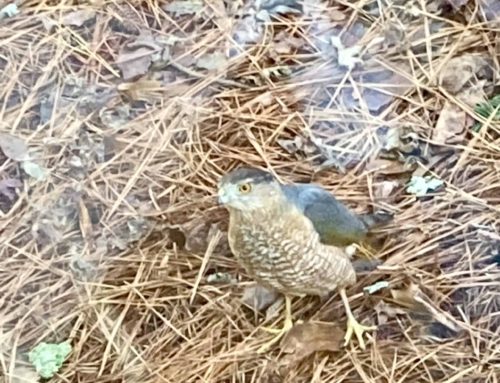
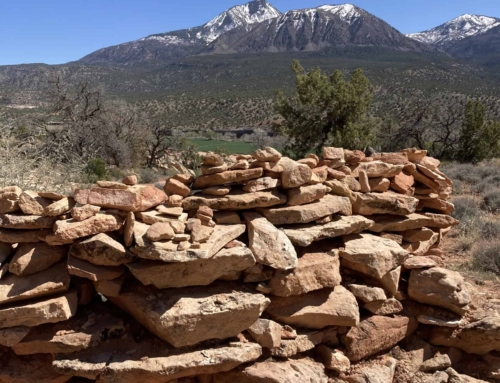
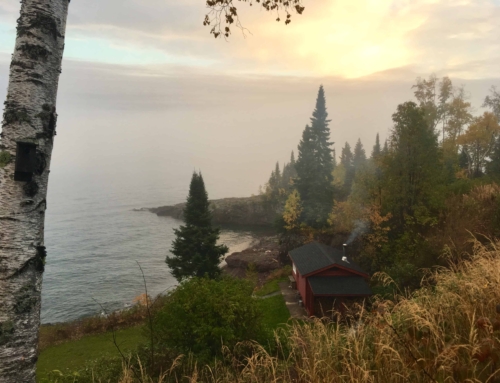
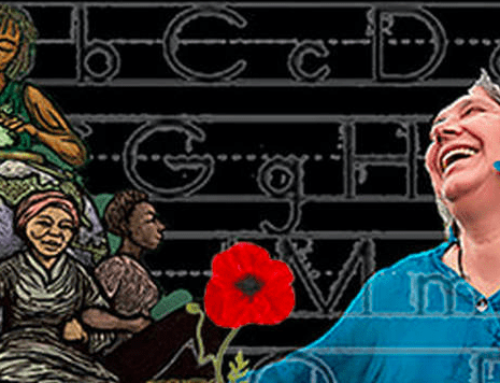
Leave A Comment